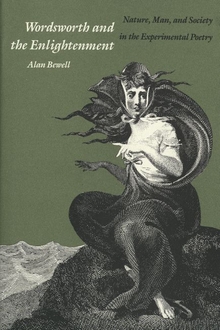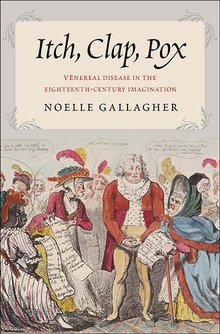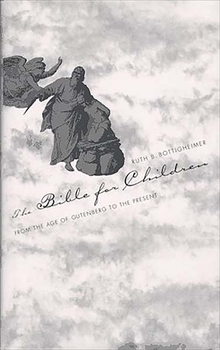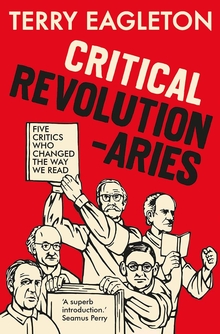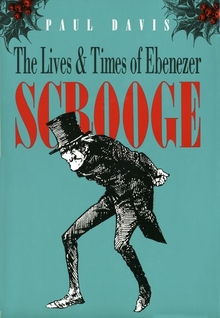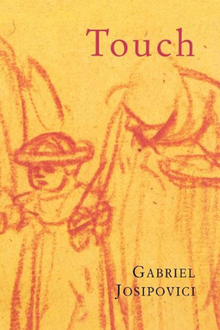Wordsworth and the Enlightenment
WARNING
You are viewing an older version of the Yalebooks website. Please visit out new website with more updated information and a better user experience: https://www.yalebooks.com
Nature, Man, and Society in the Experimental Poetry
Alan Bewell
This book provides a new context for understanding Wordsworth's major poetry by examining the poet's response to Enlightenment attitudes toward nature and society. Alan Bewell argues that at the core of Wordsworth's poetry is an anthropological vision, a concern with how human beings first made the transition from nature to society.
In substantially new interpretations of the early Prelude and many of the shorter poems, Bewell suggest that Wordsworth's major objective as a poet was to write a history of the imagination, which would show the role it has played in human progress and the genesis of social institutions. The various fields comprised in Enlightenment anthropology provided Wordsworth with a model for how such a history might proceed. In eighteenth-century ethnography, geology, environmental theory, and biblical studies, in philosophical inquiries into the genesis of myths, the supernatural, and the idea of death, he found discursive models for talking about human origins. Moral philosophy also constituted a powerful discourse on marginal individuals, which underlies Wordsworth's interest in writing about outcasts and beggars, idiots and savages, the blind, the deaf, and the mute. Bewell argues that Wordsworth identified with and fashioned his self-understanding out of his observation of these individuals; the shift to autobiography in his later works was thus toward a complementary mode of anthropological inquiry.
"Bewell’s achievement in this book is profound. He provides a fresh and original reading of much of the Wordsworth oeuvre which is both exciting and challenging. . . . Bewell’s study of Wordsworth and Enlightenment anthropology is scholarly, mature, intelligent, invigorating and challenging. It presents the reader with a new, intellectually strong Wordsworth closely in touch with the leading ideas of his age. . . . Clearly Alan Bewell has written a major study of Wordsworth which will be highly influential in Wordsworth studies, and those of late eighteenth- and early nineteenth-century culture."—Peter Kitson, Wordsworth Circle
"Bewell forges new and fruitful connections between Wordsworth and the Enlightenment by recovering a more dynamic and intellectually vital Enlightenment. . . . Bewell’s road to Wordsworth is well lit and accessible, and it leads us far into the haunt and main region of Wordsworth’s song."—Don Bialostosky, Modern Language Quarterly
"An immensely valuable study handsomely decorated with selected reproductions of Fuseli engravings, (it) enriches the poet’s generative elusiveness for us by reconstructing poetic texts in the context of the author’s time and by reminding us that Wordsworth was a superbly well-read individual, deeply aware of his social roots and fully in command of the intellectual configurations of his world."—John Rudy, Thought
"Innovative. . . . [Bewell’s] particular analyses do serve to place some of Wordsworth’s more peculiar preoccupations in a new and enlightening context."—SEL
"Very few critics have been able to construct (or even deconstruct) any kind of larger thematic and contextual frame within which to contain these works, while also demonstrating how they relate to The Prelude. But Bewell has done just that. . . . [An] excellent book."—-Kim Blank, Times Literary Supplement
"[Bewell’s] own contribution in this book is original and exciting. A necessary purchase in libraries serving upper-division undergraduates and above, and written in a clear prose they will understand."—Choice
"Significant . . . Alan Bewell reads Wordsworth in the context of ’Enlightenment anthropology’. . . . The lore the book draws on is relatively novel in Wordsworth studies, but its scholarly procedures are familiar. . . . Original and interesting. Moreover, Bewell makes fine observations by the way."—David Perkins, Nineteenth-Century Literature
"[An] innovative. . . . Bewell’s book is full of such fertile suggestions. It provides a larger context for Wordsworth’s great creative period by documenting the intellectual atmosphere of the period immediately after the French Revolution."—Times Higher Education Supplement
ISBN: 9780300043938
Publication Date: September 10, 1989
Publication Date: September 10, 1989
352 pages, 6 1/8 x 9 1/4

